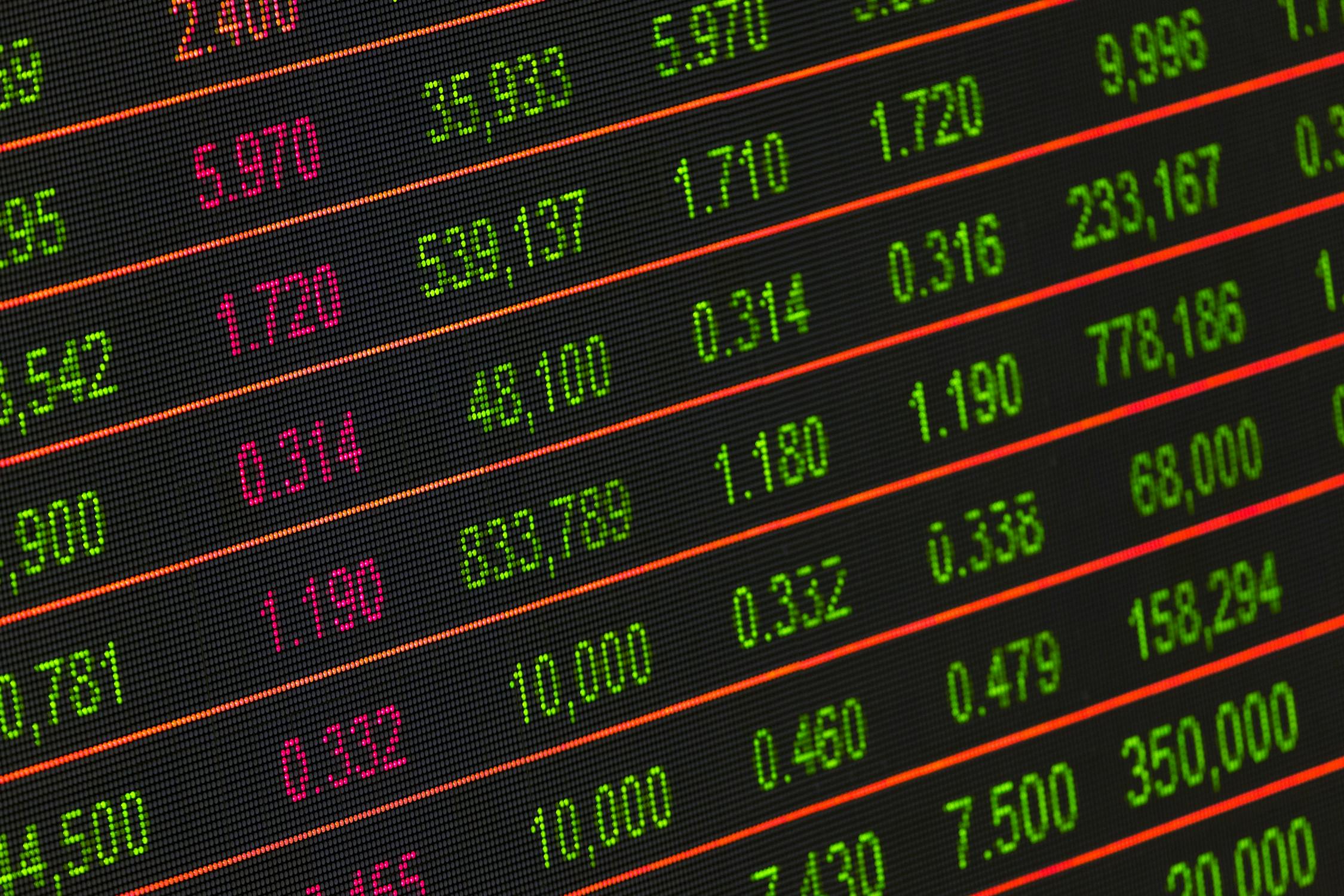Fundamental Analysis in Forex Trading

Fundamental analysis is a crucial aspect of Forex trading that involves evaluating economic, financial, and geopolitical factors to determine the value of a currency. Unlike technical analysis, which focuses on price patterns and market data, fundamental analysis examines the underlying forces that drive currency price movements. Understanding these factors helps traders anticipate long-term trends and make informed trading decisions.
What is Fundamental Analysis?
Fundamental analysis involves the study of macroeconomic indicators, central bank policies, political events, and global economic trends. Traders analyze these elements to assess the strength or weakness of a currency relative to others. This approach is especially useful for long-term traders and investors who seek to understand the bigger picture behind currency movements.
Key Economic Indicators
Several economic indicators are essential to fundamental analysis in Forex:
- Gross Domestic Product (GDP): Measures a country's economic output and growth. Higher GDP typically strengthens the national currency.
- Inflation Rates: High inflation erodes currency value. Traders watch Consumer Price Index (CPI) and Producer Price Index (PPI).
- Employment Data: Reports such as Non-Farm Payrolls (NFP) in the U.S. influence currency prices significantly.
- Interest Rates: Central banks use interest rates to control inflation and economic growth. Higher rates often attract foreign capital and support the currency.
- Trade Balance: A surplus indicates more exports than imports, which can be bullish for the currency.
Role of Central Banks
Central banks such as the Federal Reserve (Fed), European Central Bank (ECB), and Bank of Japan (BoJ) play a critical role in currency markets. Their monetary policies, especially regarding interest rates and quantitative easing, have direct impacts on currency valuation. Traders follow central bank statements, meeting minutes, and press conferences closely to anticipate policy shifts.
Geopolitical Events and Their Impact
Political stability, government policies, and international conflicts can affect currency values. Events like elections, trade agreements, and military conflicts create uncertainty and can lead to volatility in the Forex market. For instance, Brexit had a massive impact on the British pound.
News Trading
News trading involves reacting to economic reports and announcements as they are released. It requires quick decision-making and often results in high volatility. Traders use economic calendars to track upcoming news events and prepare accordingly.
Long-Term vs. Short-Term Analysis
Fundamental analysis is generally more suited for long-term trading strategies. However, some traders also use short-term fundamentals, such as sudden interest rate changes or economic shocks, to capitalize on immediate market movements. Combining fundamental with technical analysis can provide a more comprehensive trading approach.
Currency Correlations
Currencies are often correlated due to shared economic ties or reliance on commodity exports. For example, the Australian dollar (AUD) is closely tied to China's economy due to trade relations. Understanding these correlations can enhance forecasting accuracy.
Sentiment Analysis
Market sentiment reflects the mood or attitude of traders toward a particular currency. This can be influenced by media coverage, social sentiment, or institutional investor behavior. Sentiment analysis helps traders gauge whether the market is overly bullish or bearish.
Challenges of Fundamental Analysis
While powerful, fundamental analysis has challenges. It requires constant monitoring of news and data, and interpreting how the market will react isn’t always straightforward. Moreover, sometimes technical factors override fundamentals in the short term.
Combining Fundamental and Technical Analysis
Many successful traders use a hybrid approach—fundamentals to determine the direction of a trade and technicals to identify the entry and exit points. This strategy helps balance macroeconomic insight with market timing.
Developing a Fundamental Trading Strategy
To implement fundamental analysis effectively, traders should:
- Stay updated with economic news via financial websites and newsfeeds.
- Use economic calendars to plan trades around key events.
- Analyze central bank policies and speeches.
- Understand the economic profile of each currency they trade.
Conclusion
Fundamental analysis is a powerful tool in Forex trading. It helps traders understand the forces shaping currency markets and develop strategies based on real-world events. While it can be complex and time-consuming, the insights gained through fundamental analysis can lead to more informed and profitable trading decisions.
Disclaimer: Forex trading involves significant risk and may not be suitable for all investors. This article is for educational purposes only and does not constitute financial advice.